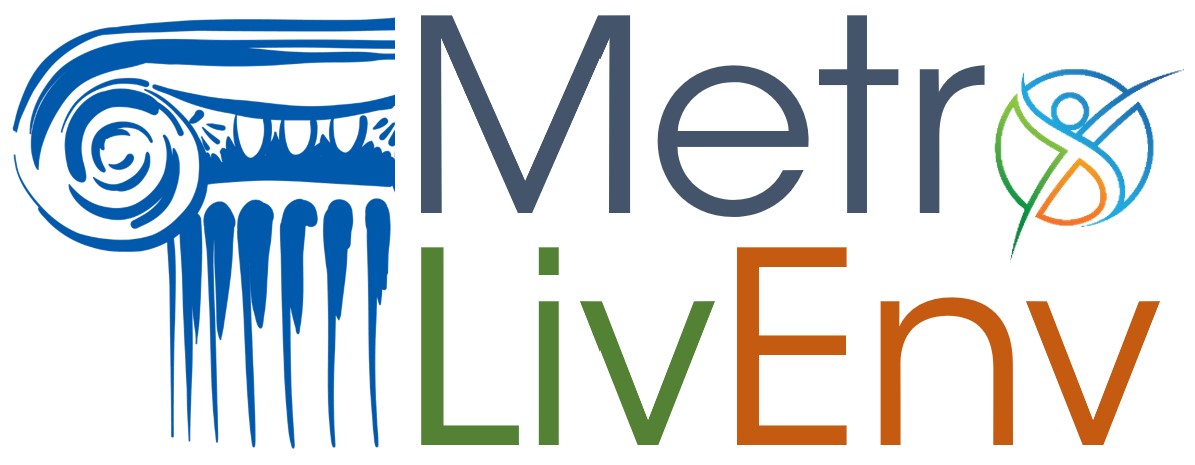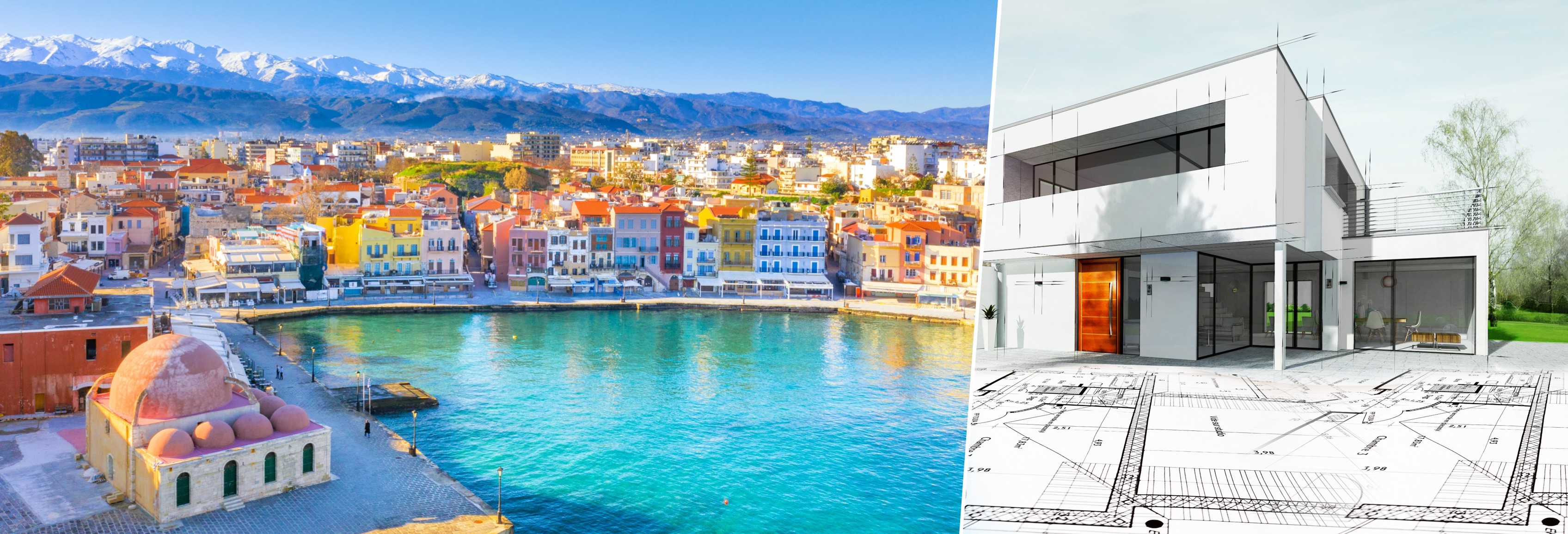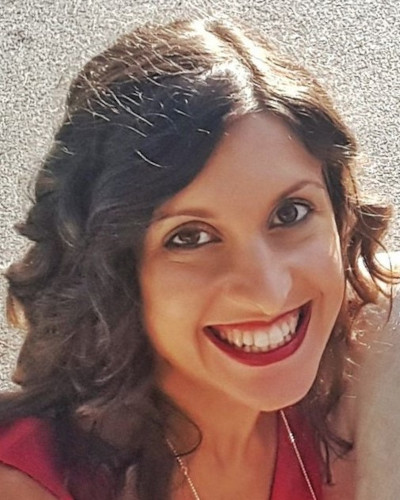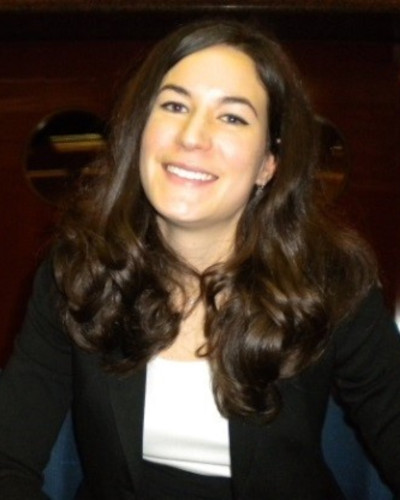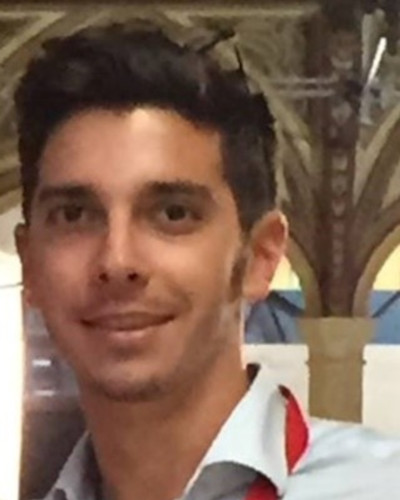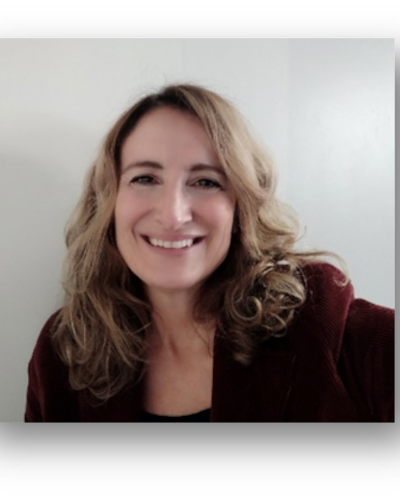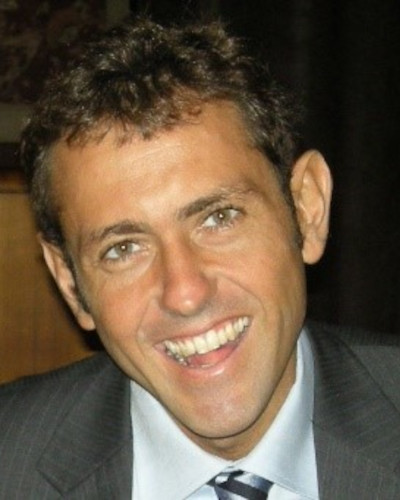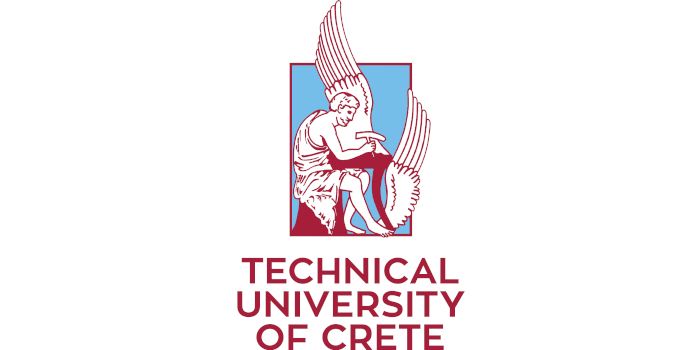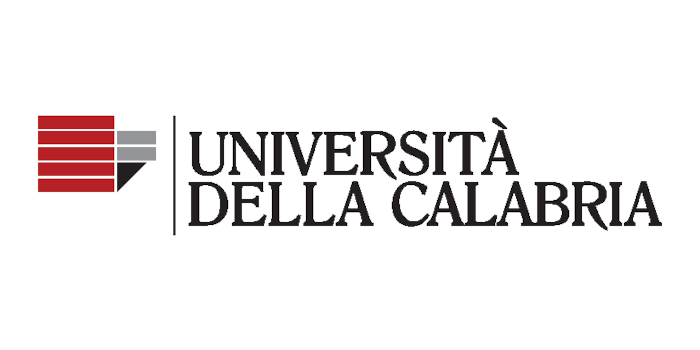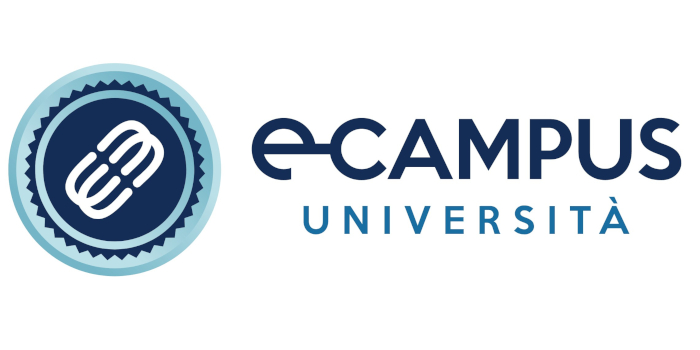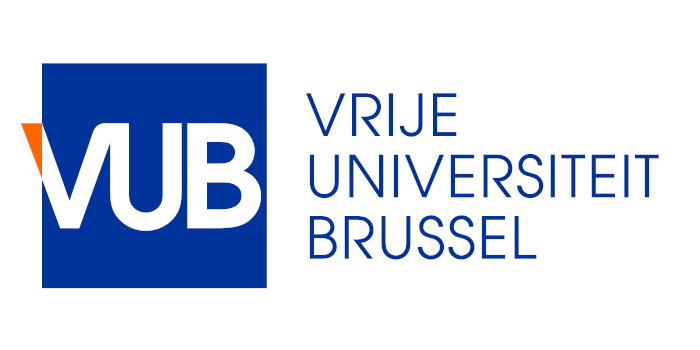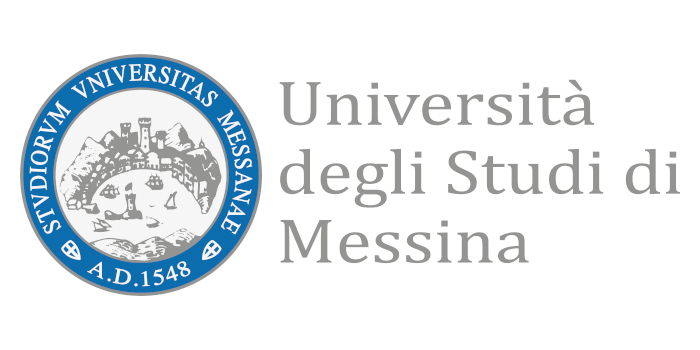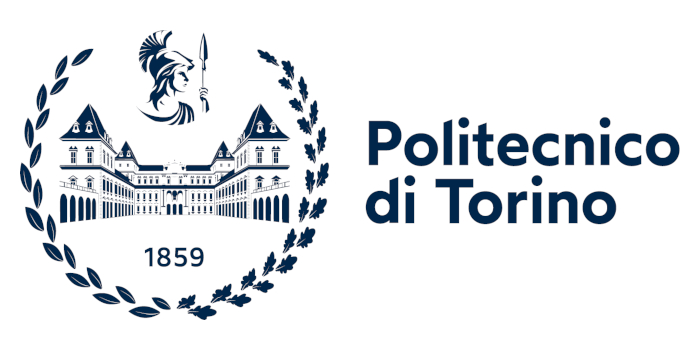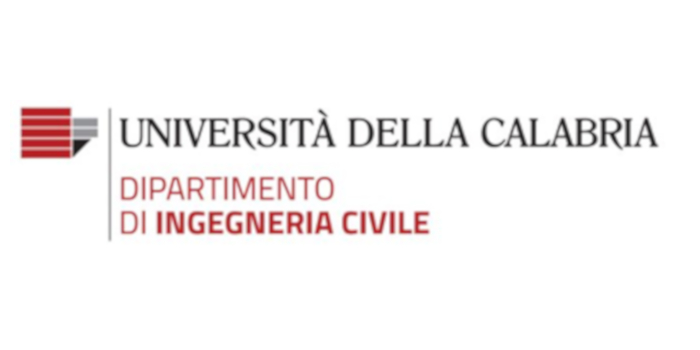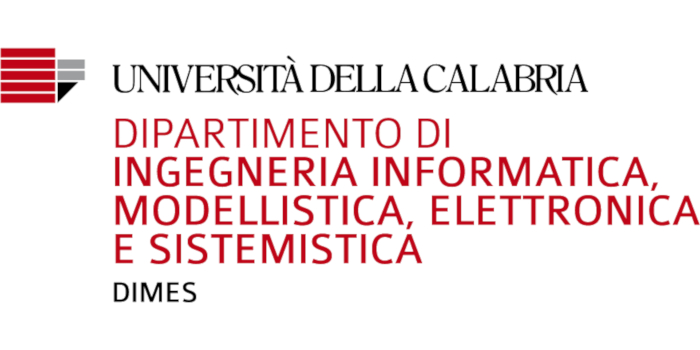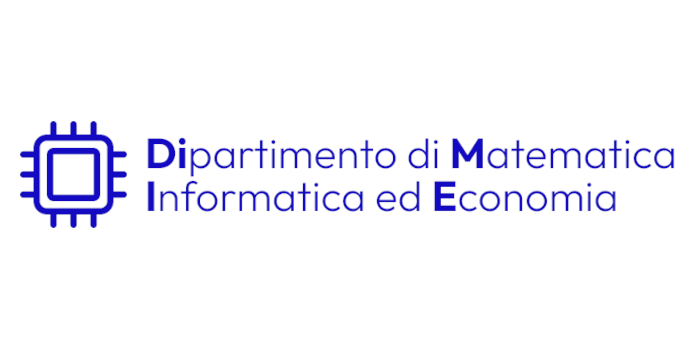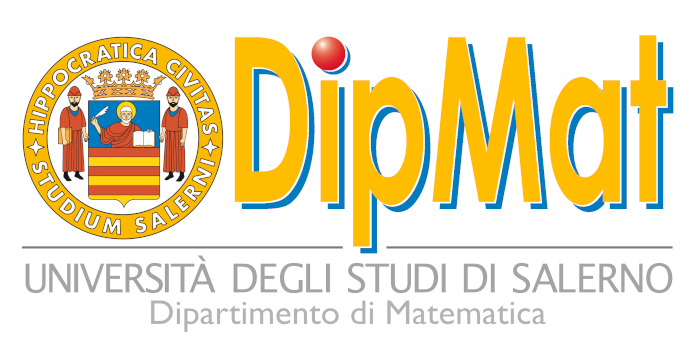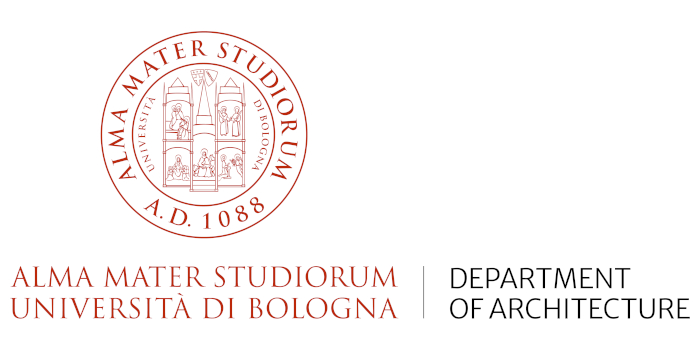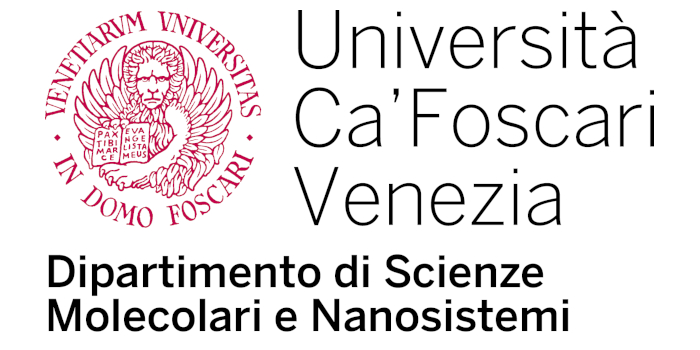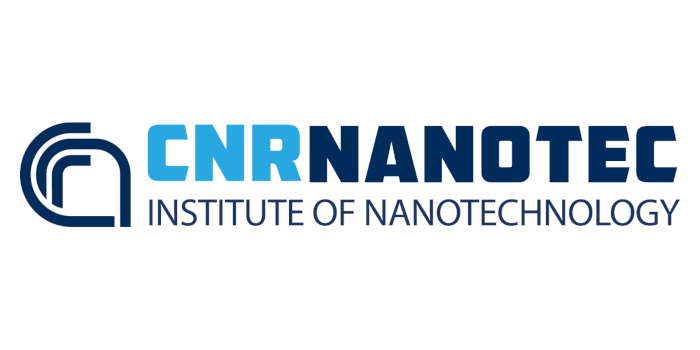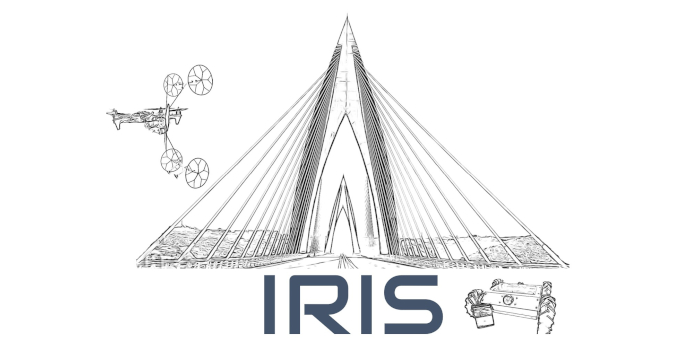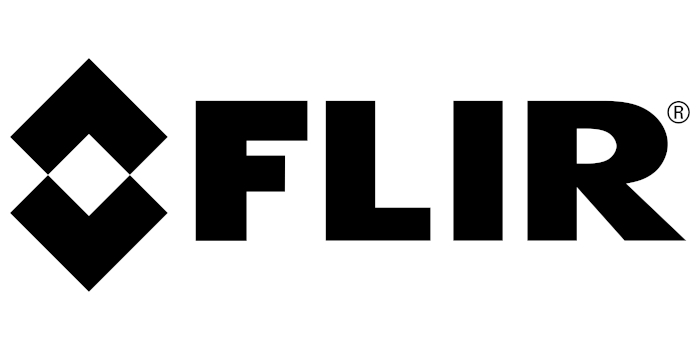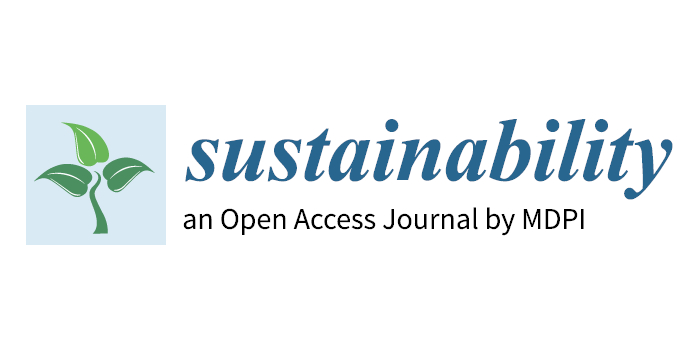SPECIAL SESSION #12
Measurements for enhancing sustainability and circularity of the construction sector: how to valorize construction and demolition wastes and optimize buildings life cycle?
ORGANIZED BY
Gloria Cosoli
Università Politecnica delle Marche, Italy
Alessandra Mobili
Università Politecnica delle Marche, Italy
Jacopo Donnini
Università Politecnica delle Marche, Italy
Francesca Tittarelli
Università Politecnica delle Marche, Italy
Gian Marco Revel
Università Politecnica delle Marche, Italy
ABSTRACT
Nowadays, considering the total amount of wastes produced in Europe, construction and demolition wastes (CDWs) represent a third of them. Hence, the development of innovative solutions to manage them wisely, as well as to prevent their disposal by valorization, is the priority. Sensing and digital technologies can contribute to this aim, enabling automated waste recognition. This encloses detection, quantification, and characterization of CDWs, which in this way can become secondary raw materials and avoid being landfilled or disposed. This can be seen not only as a recycling operation, but also as an upcycling of these materials, which can gain an added value in the building life cycle. What would be a waste due to the end of a building life cycle can become a resource for new construction, in a perspective of circular economy.
Technologies for material characterization, sensors (e.g., vision systems and depth sensors), and Artificial Intelligence can play a pivotal role in this context, since they can provide information not only on the material location, type and availability, but also on its quality. Also, valorization strategies are fundamental to optimize the reuse of such resources. The synergy allowed by the fusion of these innovations can contribute to the optimization of the whole life cycle and guarantee sustainability and circularity in construction.
This Special Session aims to promote the latest research contributions in this research field. Original papers are invited to be submitted pointing out studies on sensing and digital technologies for materials characterization in the construction sector, with a perspective of sustainability and circularity.
This Special Session is organized in the framework of RECONSTRUCT project (GA n° 101082265), aiming at developing a territorial construction system for a circular low-carbon built environment.
TOPICS
Topics of interest include but are not restricted to:
- Sensing technologies for CDWs recognition;
- Digital technologies for CDWs recognition;
- Innovative technologies for CDWs detection, quantification, and valorization;
- Measurement technologies for circularity in contruction;
- Monitoring solutions to optimize a building life cycle;
- Artificial Intelligence in CDWs valorization;
- Data processing techniques.
ABOUT THE ORGANIZERS
Gloria Cosoli, received the B.S. degree in Biomedical Engineering (with honors) and the M.S. degree in Electronic Engineering (with honors) from Università Politecnica delle Marche (UNIVPM), Ancona, Italy, in 2011 and 2013, respectively. She received the Ph. D. degree in Mechanical Engineering from the same university in 2017 with a thesis titled “Study and Development of a Novel Radio Frequency Electromedical Device for the Treatment of Peri-Implantitis: Experimental Performance Analysis, Modelling of the Electromagnetic Interaction with Tissues and In Vitro and In Vivo Evaluation”. Since November 2016 to date, she has been a Postdoctoral Research Fellow with the Department of Industrial Engineering and Mathematical Sciences (DIISM) of UNIVPM. Her research interests focus on non-invasive physiological measurements and monitoring techniques, thermal and mechanical measurements, non-destructive monitoring techniques, numerical modelling, and signal processing.
Alessandra Mobili, received the M.S. degree in Building Engineering - Architecture from Università Politecnica delle Marche (UNIVPM), Ancona, Italy, in 2012. She received the Ph. D. degree in Materials Engineering at UNIVPM with a thesis entitled “Geopolymeric and cementitious mortars for buildings: Comparison at the same strength class”. She is a civil engineer and concrete technologist. Her research focuses on building materials for civil applications. In particular, she studies how to valorize wastes and by-products in multifunctional and environmentally-friendly mortars/concretes based on cement and sustainable binders.
Jacopo Donnini, is Associate Professor in Materials Science and Technology at Università Politecnica delle Marche, Ancona (Italy). His current research activities focus on advanced composite systems (FRCM, FRP) for the strengthening and rehabilitation of existing masonry and concrete structures. Other research topics include the reuse of industrial by-products and waste materials in cement-based composites, Ultra High Performance Fiber Reinforced Concrete (UHPFRC) and highly conductive cementitious composites.
Francesca Tittarelli, degree (with honors) in Chemistry, PhD in Materials Engineering, Francesca Tittarelli is Full Professor in Materials Science and Technology at Università Politecnica delle Marche (UNIVPM). She is Member of the Directive Board of the Italian National Interuniversity Consortium of Materials Science and Technology (INSTM). She is author of more than 250 papers about development, characterization, durability and sustainability of building materials and co-inventor of 3 national patents.
Gian Marco Revel, is Full Professor in Mechanical and Thermal Measurement at Università Politecnica delle Marche, where he also plays the role of Rector Delegate for European Research. Main research interests are in the field of sensor and measurement technologies for industrial applications, with particular focus on the construction sector, building energy efficiency, in-field material characterization and non-destructive testing. He is Coordinator of the Material&Sustainability Committee of ECTP and Coordinator of the Italian Construction Technology Platform. He is author of more than 200 publications and Scientific Responsible for several projects (in both H2020 and Horizon Europe) in the area of technologies for Energy Efficiency and Materials in Buildings.
